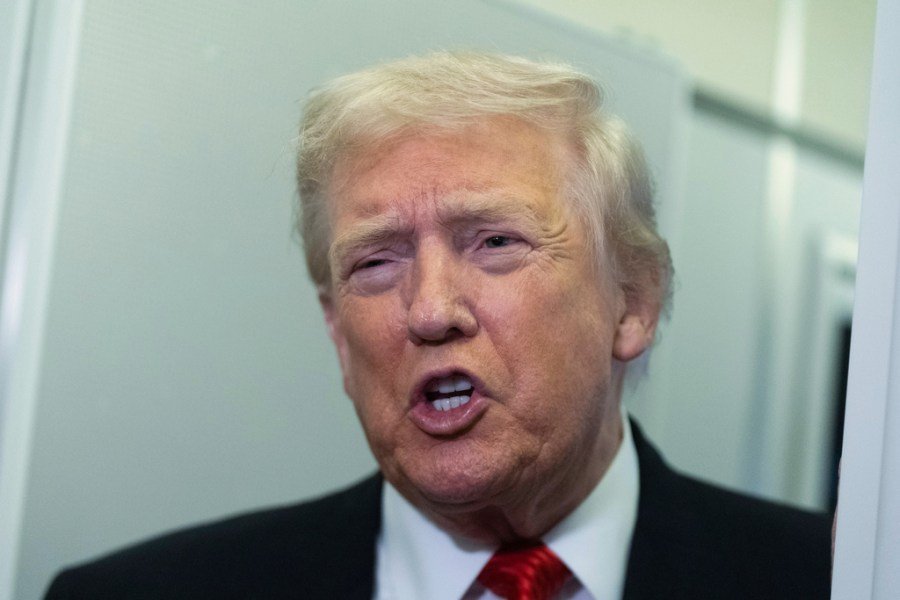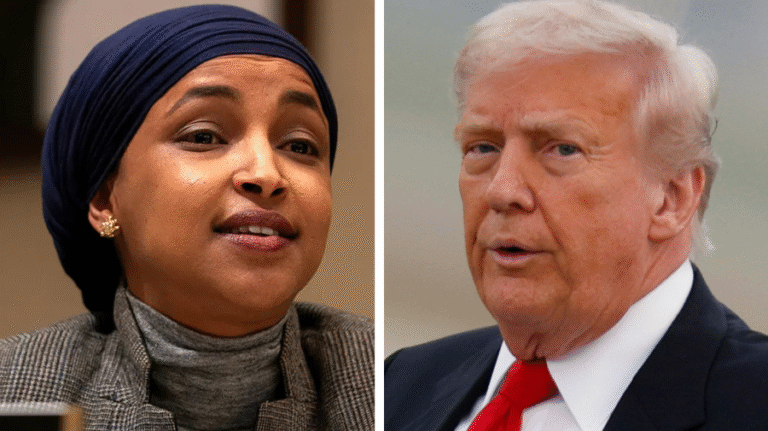
Since 1978, when the Inspector General Act was passed, Congress and the American people have benefited from the independent and professional work of the offices created by this law. Recognizing the cost savings, integrity, and accountability that inspectors general bring to the federal government, Congress has since dramatically increased the number of federal agencies that have inspectors general performing their watchdog function.
Now, following President Trump’s firing of more than a dozen inspectors general and his administration’s efforts to defund and muzzle them across the government, Congress needs to fight harder than it has so far to defend this independent voice that brings to light facts that Congress and the American people need to know.
The law empowers inspectors general to collect and convey information that is essential not just to oversight but nearly every other function of Congress, including lawmaking, appropriating, rooting out waste-fraud-and-abuse, and keeping the American people informed about the actions of their government. Because the law establishes inspectors general as dual-reporting — informing both their home agencies and Congress about their work — they are the independent eyes and ears of the legislative branch throughout the federal bureaucracy.
The results have been impressive. Inspectors general saved more than $71 billion in cost efficiency improvements in fiscal 2024 alone, and last year was not an anomaly. These savings not only benefit American taxpayers but also ensure that taxpayer dollars are used for the purposes Congress intends.
Stung by prior administrations’ attempts to sideline inspectors general, Congress now requires 30 days’ notice before a president can dismiss or fire them. Congress also established the Council of the Inspectors General on Integrity and Efficiency to increase the capabilities and professionalism of the inspector general community.
Trump has reversed the course that Congress has set for inspectors general since they were first authorized nearly half a century ago. He and his administration have:
- fired 17 inspectors general without apparent cause, the latest being an inspector general for the Export-Import Bank well-regarded for her professionalism;
- refused to provide to Congress the 30-day notice and explanation for these firings that is required by law, despite a bipartisan request from the Senate Judiciary Committee;
- disbanded Council of the Inspectors General on Integrity and Efficiency; and
- shut down at least 15 inspector general websites, blocked access to their reports, and suspended hotline and whistleblower links while falsely blaming these actions on the government shutdown.
Congress is the only body that can hold the president accountable for these actions. It must get answers to why the inspectors general were dismissed, require compliance with the 30-day notice to Congress, and strengthen the Inspector General Act by imposing penalties when the president fails to document the specific basis for any dismissal of an inspector general.
Allowing President Trump or any president to dismiss an inspector general for political reasons makes a mockery of the Inspector General Act and damages our system of checks and balances which is already under assault. Without congressional intervention, the value of the inspectors general will be lost, and once lost it will be difficult to regain. The American people will suffer from higher program costs, poorer program outcomes, and a government that falls far short of the integrity we have the right to expect.
Jim Townsend is director of the Carl Levin Center for Oversight and Democracy at Wayne State University Law School.


